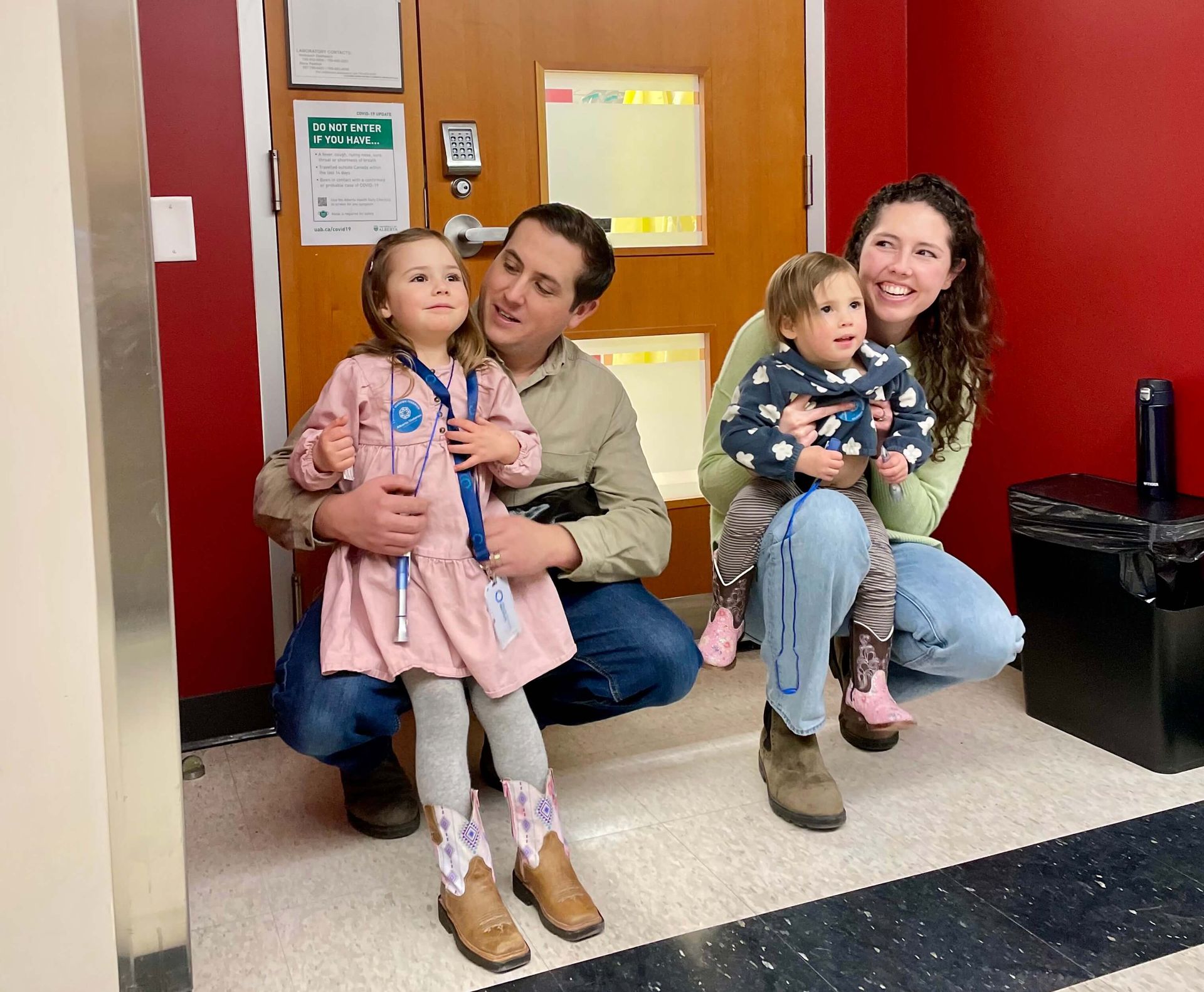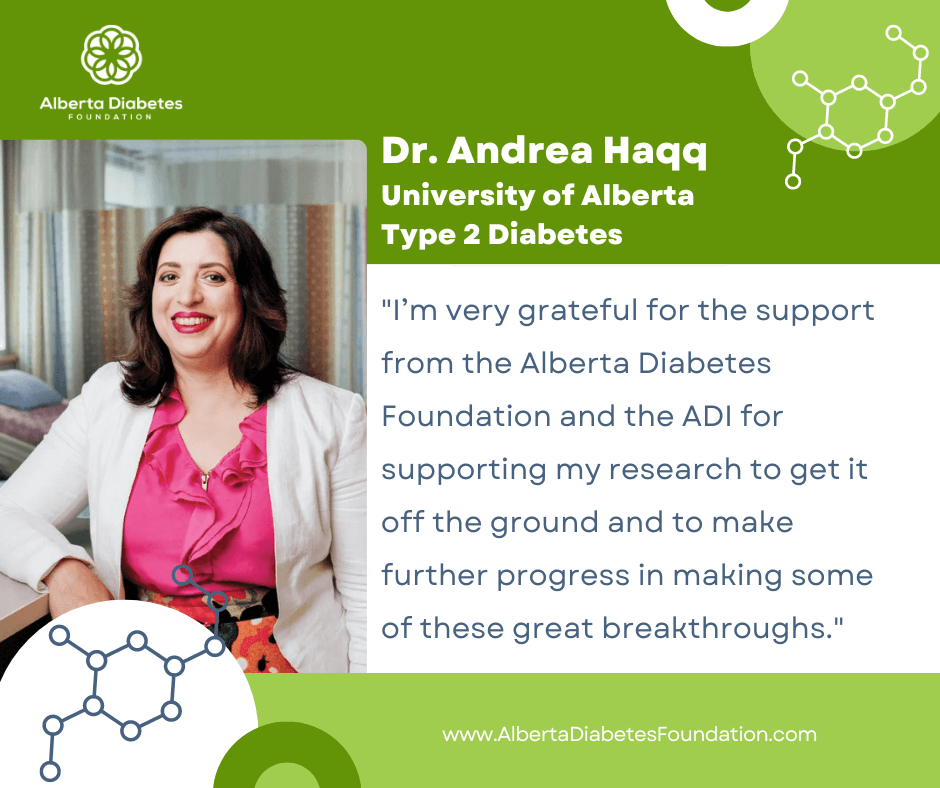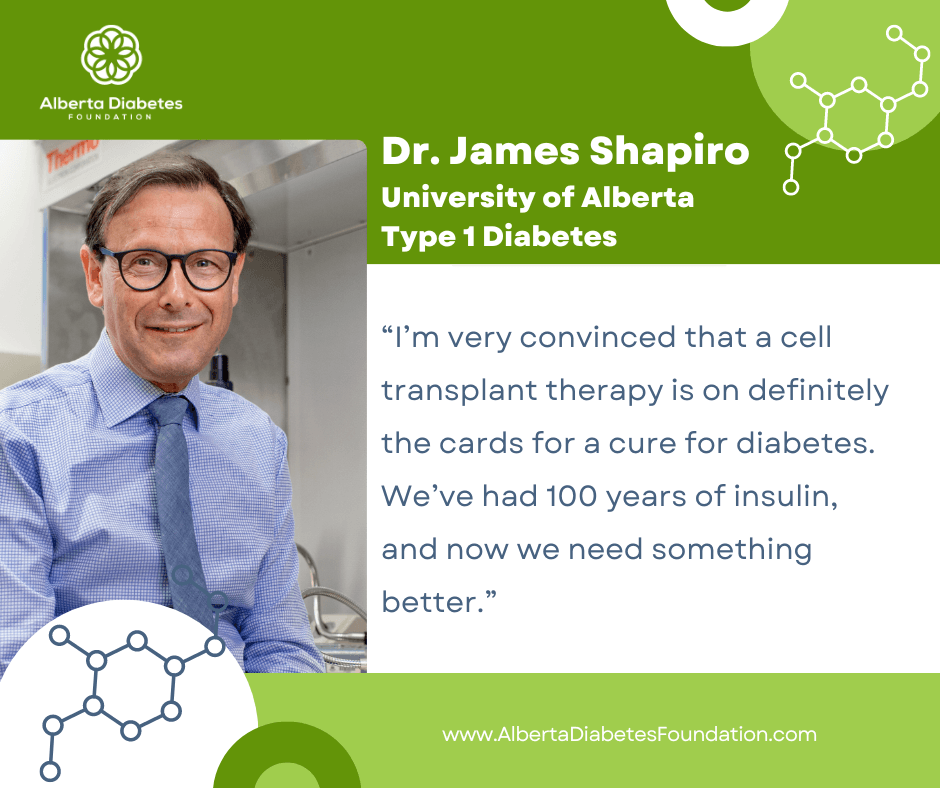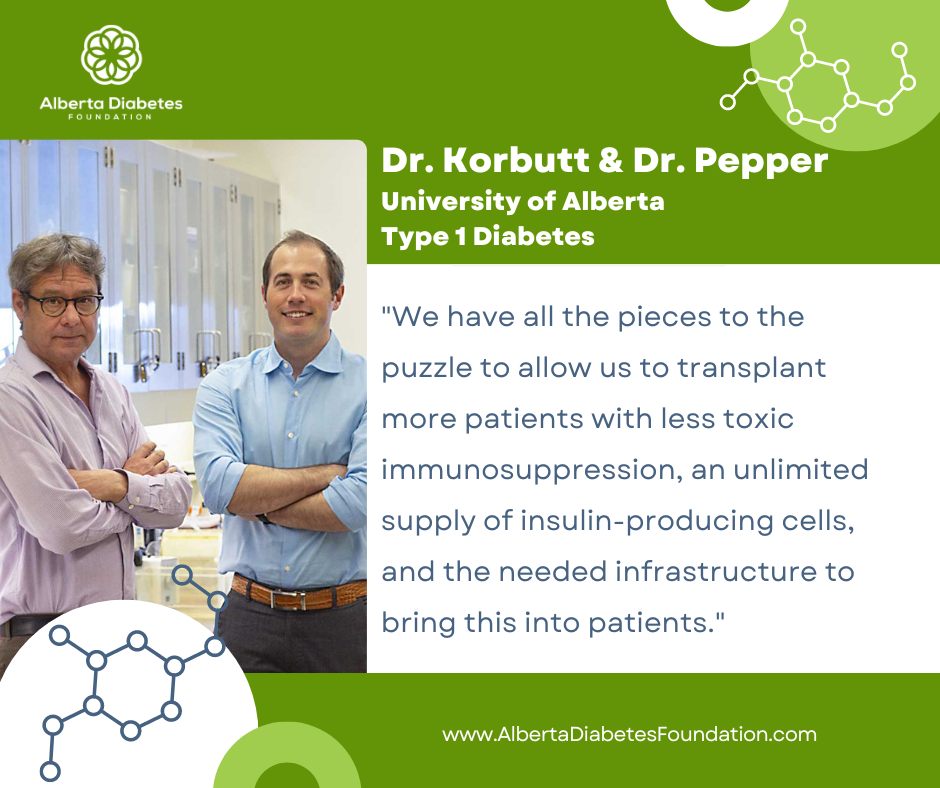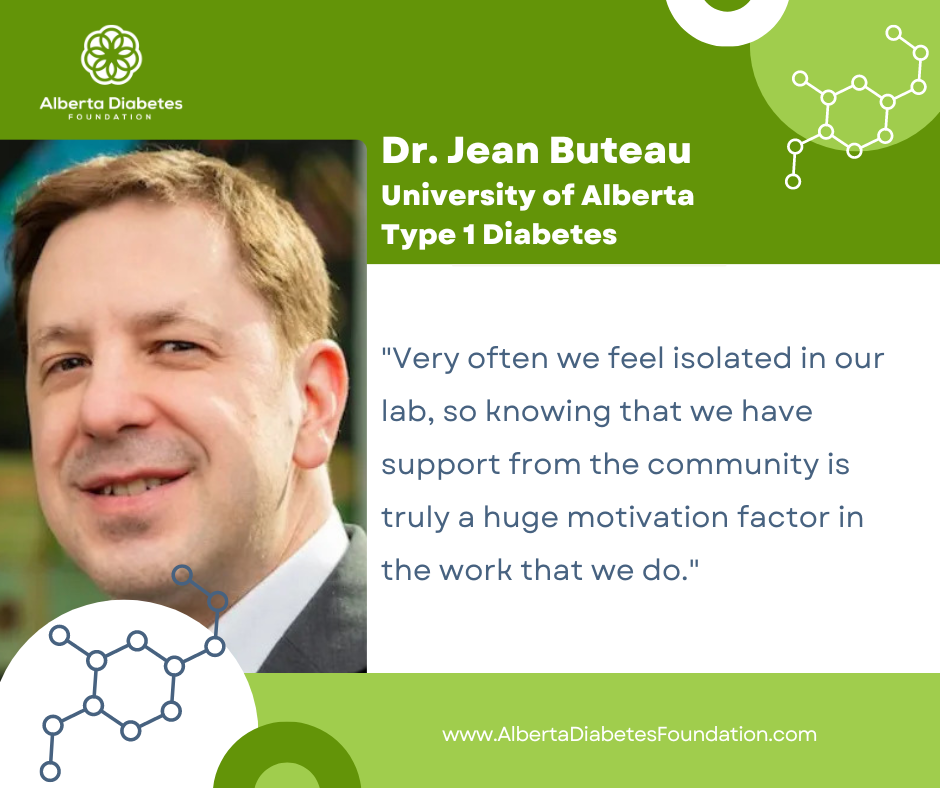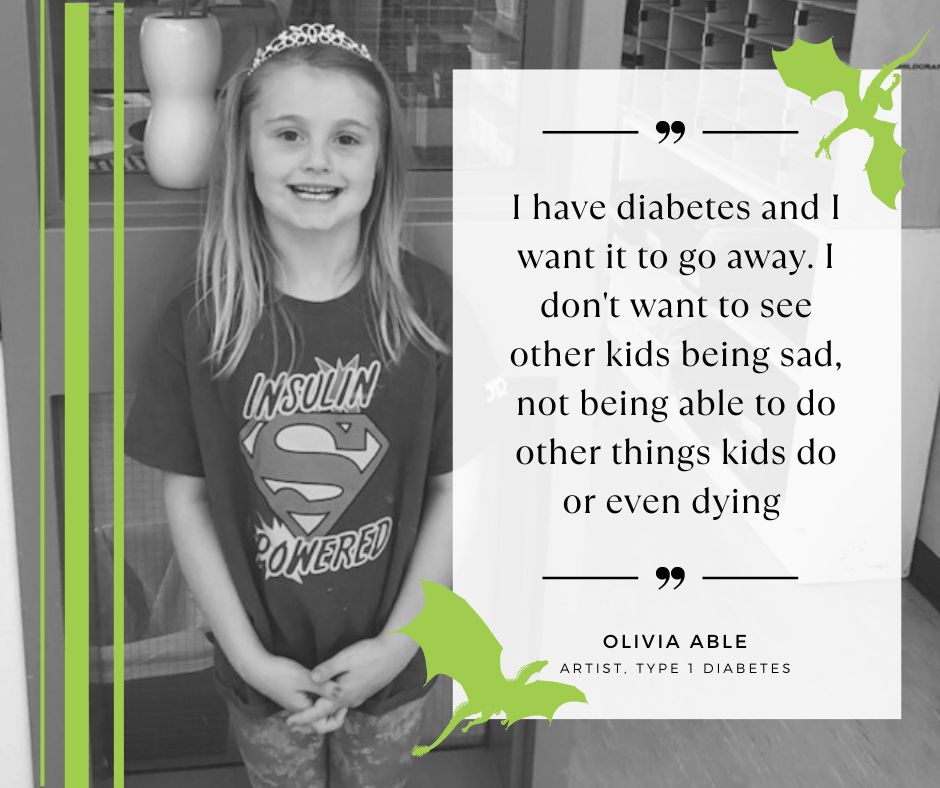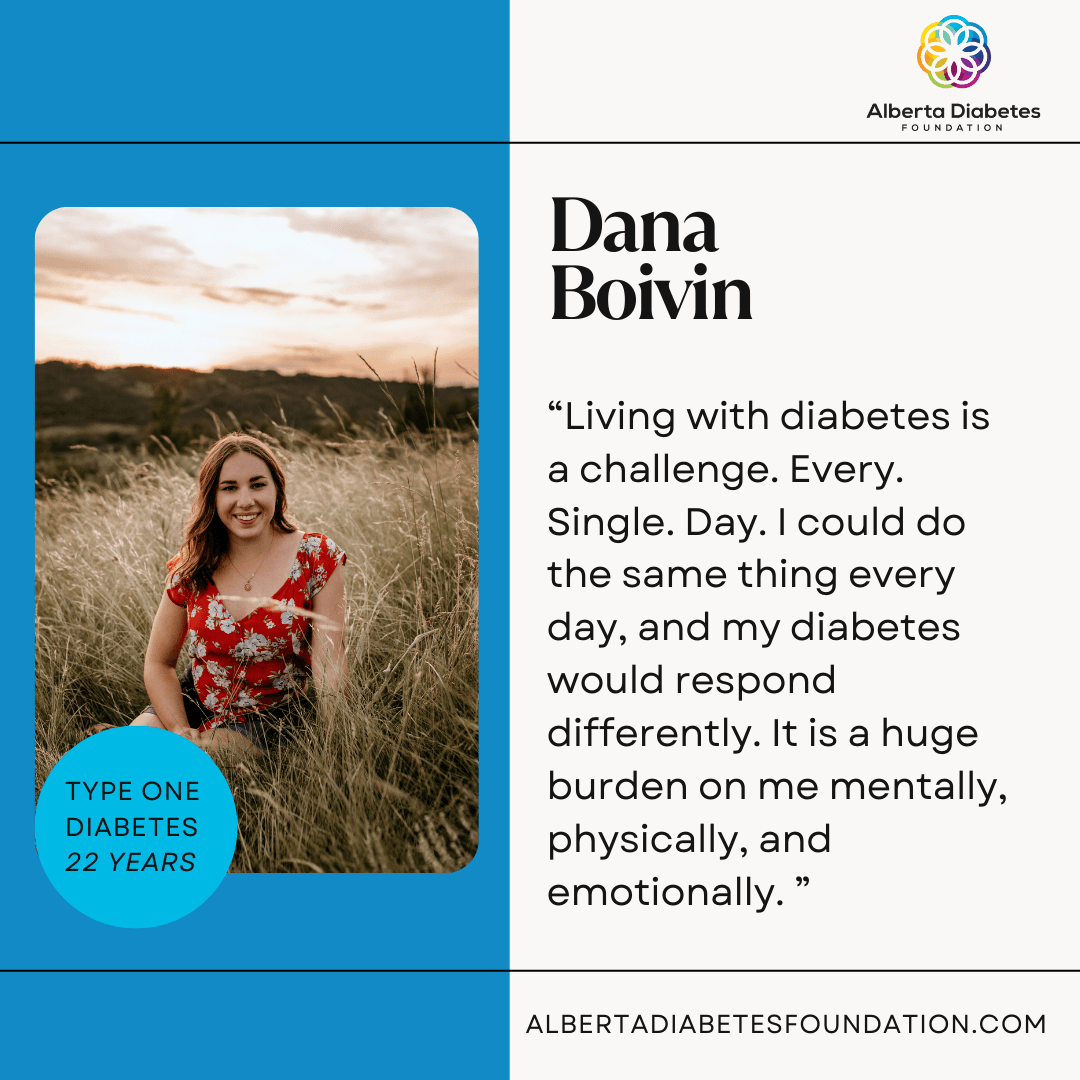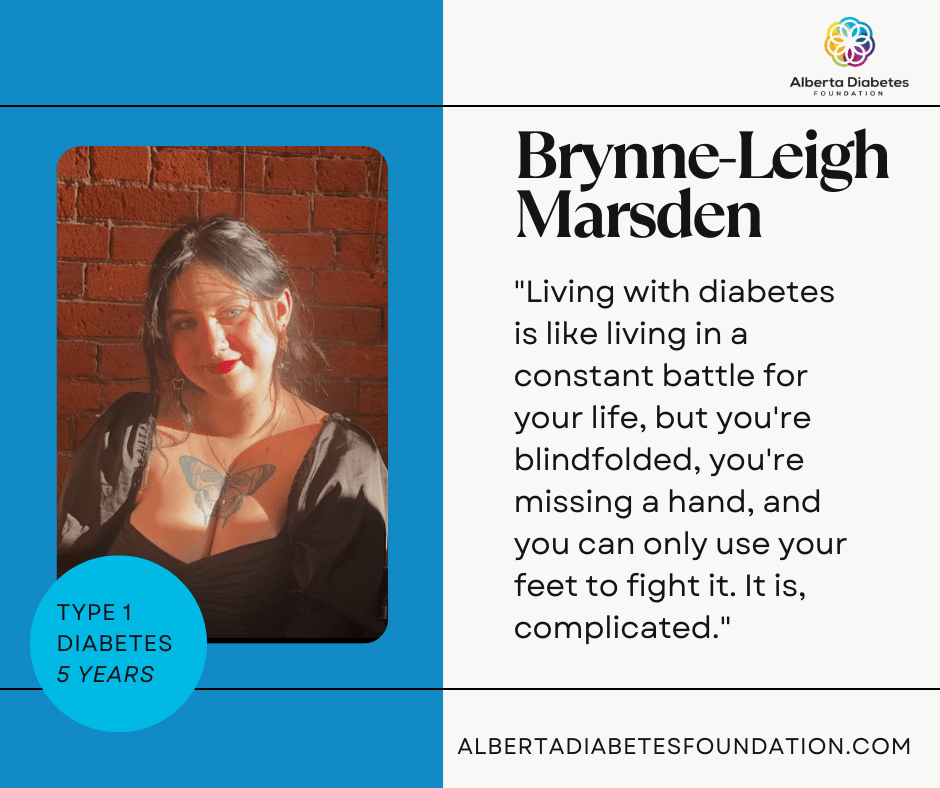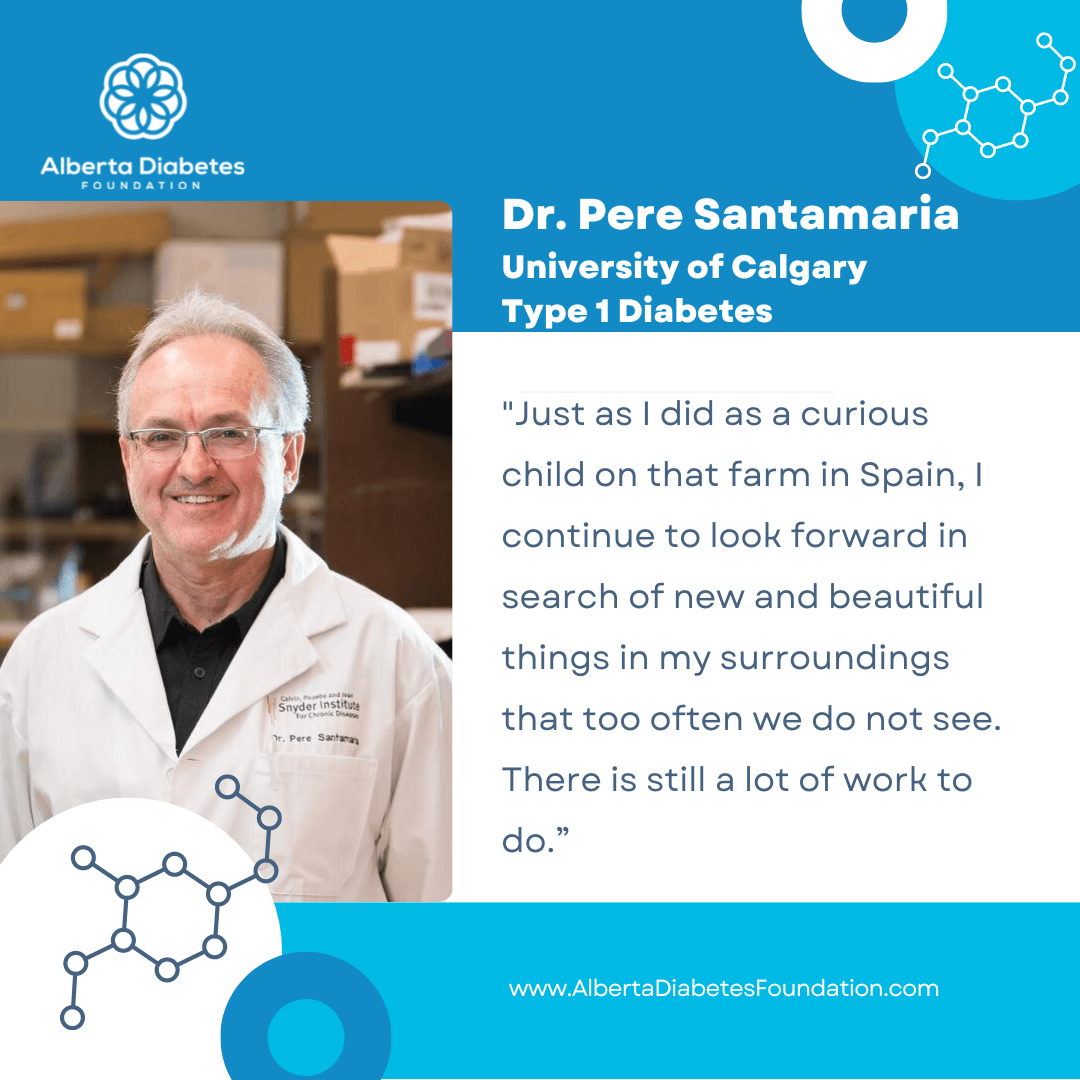Shaping a Future Without Diabetes
Written by Caitlin Crawshaw
A pediatrician with international training and experience is making a world of difference with practice and research in Edmonton.
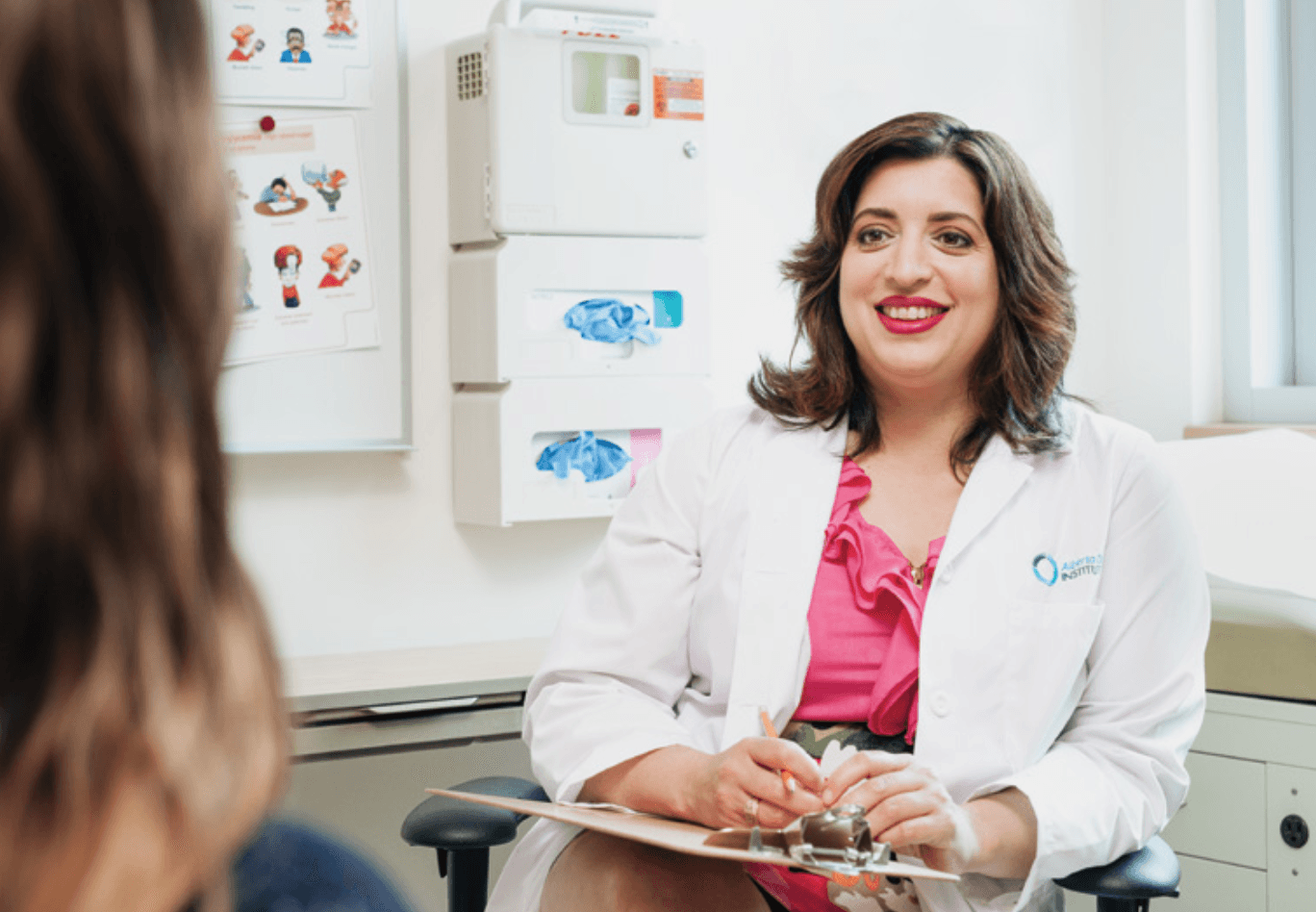
Growing up in Vancouver, British Columbia, Dr. Andrea Haqq eagerly anticipated bisects to her pediatrician -- and not for the sticker at the end of the appointment. "I was always really interested in medicine," she explains. While her peers clambered off the examination table at the end of check-ups, Haqq lingered with questions about paediatric medicine and her doctor was more than happy to chat with his curious patient. By the time Haqq reached high school. her paediatrician was lending her medical texts on paediatrics and medical education, and had become a mentor as she considered her career path.
Haqq’s fascination with medicine didn’t waver and she set out to become a pediatrician a er high school. Knowing she needed to earn an undergraduate degree before entering medical school, the high-achieving student applied to several Ivy League schools in the United States and happily accepted an o er from the Massachusetts Institute of Technology (MIT). At 18, she le home for Boston where she would study biology for the next four years at one of the most prestigious research universities in the world. Haqq says the institution emphasized problem-solving over rote learning and fostered deep appreciation for research that would serve her well in her career.
Degree in hand, she returned to Canada to earn a medical degree at the University of Calgary before completing a pediatric residency at the Children’s Hospital of Eastern Ontario (Ottawa). at’s where she discovered endocrinology, a subspecialty of medicine that focuses on the complex interactions between hormones in the body and related health problems (including diabetes, thyroid disease and early and late-onset puberty). “I really liked endocrinology because it made sense. It had a logical pathway,” says Haqq. “You can correct de ciencies in hormones — like insulin in patients with diabetes — very logically.” On top of this, she was struck by how much the eld helped sick children: “You can do a lot to impact a patient’s quality of life and help them early on.”
Haqq began her career
as a clinician-researcher at
Duke University in North
Carolina before returning
to Canada in 2009 to take a
post as a clinician-researcher
at the University of Alberta.
In her role as a pediatric
endocrinologist at the
Stollery Children’s Hospital,
many of Haqq’s patients
have Type 1 or 2 diabetes.
“We have a great multidisciplinary clinic here, so we
have a team that includes social work, nurses and dieticians," she says. Haqq also treats children with a wide range of other hormonal
issues, as well as those with
early-onset child obesity
stemming from rare genetic
disorders. She has a special
interest in Prader-Willi
Syndrome (PWS), a genetic
condition that is the leading
cause of childhood obesity.
“These children [with PWS]
have food-seeking behaviours
and experience progressive
obesity over time, as well as
the complications of obesity,
like insulin resistance, Type 2
diabetes and cardiovascular
problems,” says Haqq.
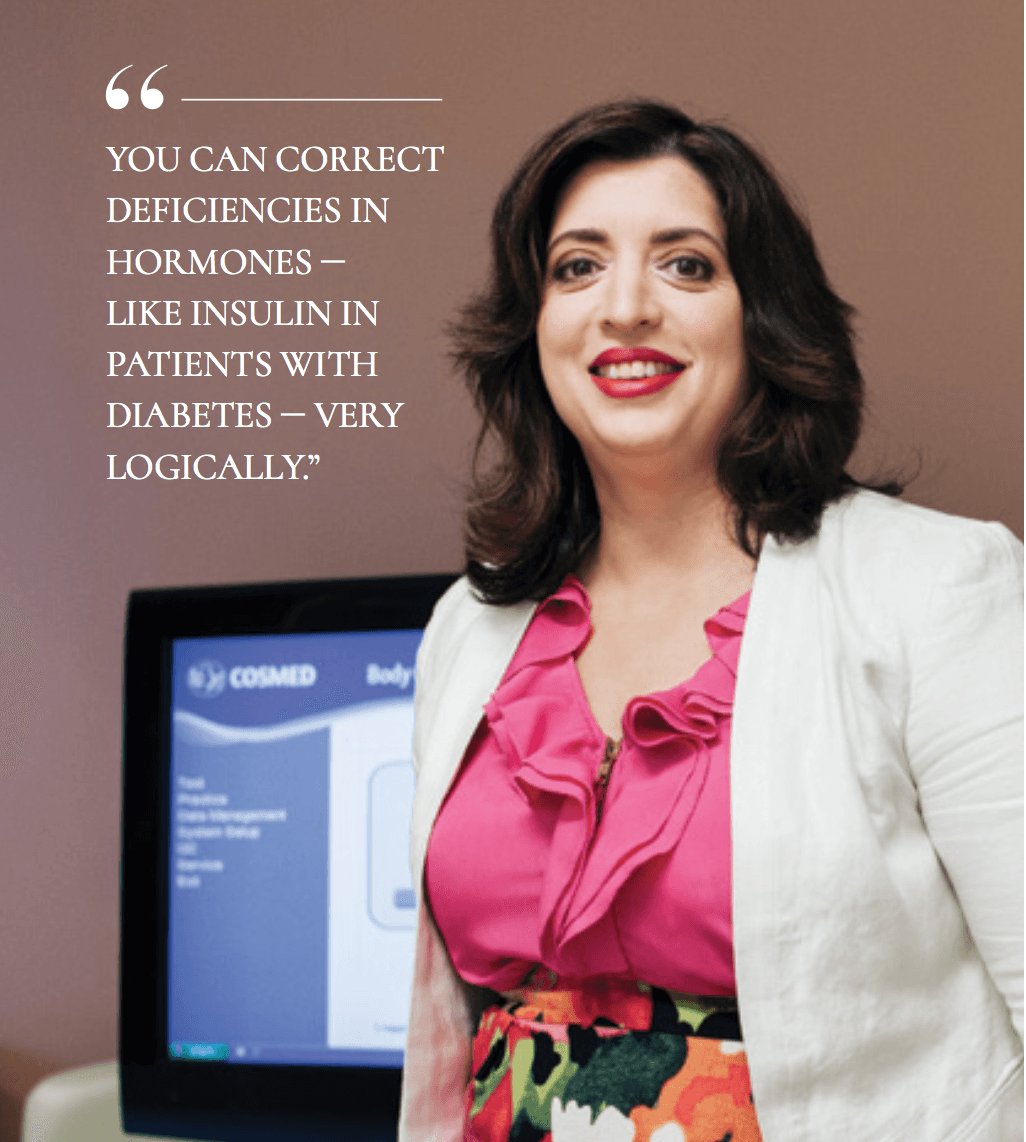
As an associate professor with the Depart- ment of Pediatrics, much of Haqq’s research focuses on the genetics of childhood obesity and she is known internationally for her work on PWS. A few years ago, her team was one of the rst in the world to identify high levels of ghrelin, a hormone that stimulates appetite, in children with PWS. “Parents of these children have to control their entire food environ- ment. ey lock cupboards and refrigerators because their kids are constantly hungry and seeking out food all of the time,” she says.
Since then, Haqq has continued to study ghrelin, including how it functions in the bodies of kids with PWS and potential treatment options for suppressing it. “We’re interested in novel therapies, be it dietary or pharmacological treatments, that might target ghrelin in children with PWS,” she says.
This is an important undertaking as the disorder commonly leads to obesity,
which is associated with a host of health
problems. Curiously, insulin resistance and
diabetes are o en not an issue for children
with PWS. “Despite their obesity, these kids
seem to be metabolically protected from
diabetes, compared with other children
with obesity,” she says. To understand why this is the case, Haqq is looking to
an area of science called metabolomics,
which examines the chemical “ ngerprints”
le behind by the body’s processes (like
digestion of food). These ngerprints may
o er important insights about how certain
gene mutations a ect a person’s metabolism.
“We want to identify critical, meta- bolic pathways that may be disrupted by certain gene mutations and predispose people to obesity or Type 2 diabetes,” says Haqq, who is teaming up with University of Alberta metabolomics expert Dr. David Wishart. is information might one day allow doctors to treat patients more e ectively with personalized interventions.
YOU CAN DO A LOT TO IMPACT A PATIENT’S QUALITY OF LIFE AND HELP THEM EARLY ON. ”
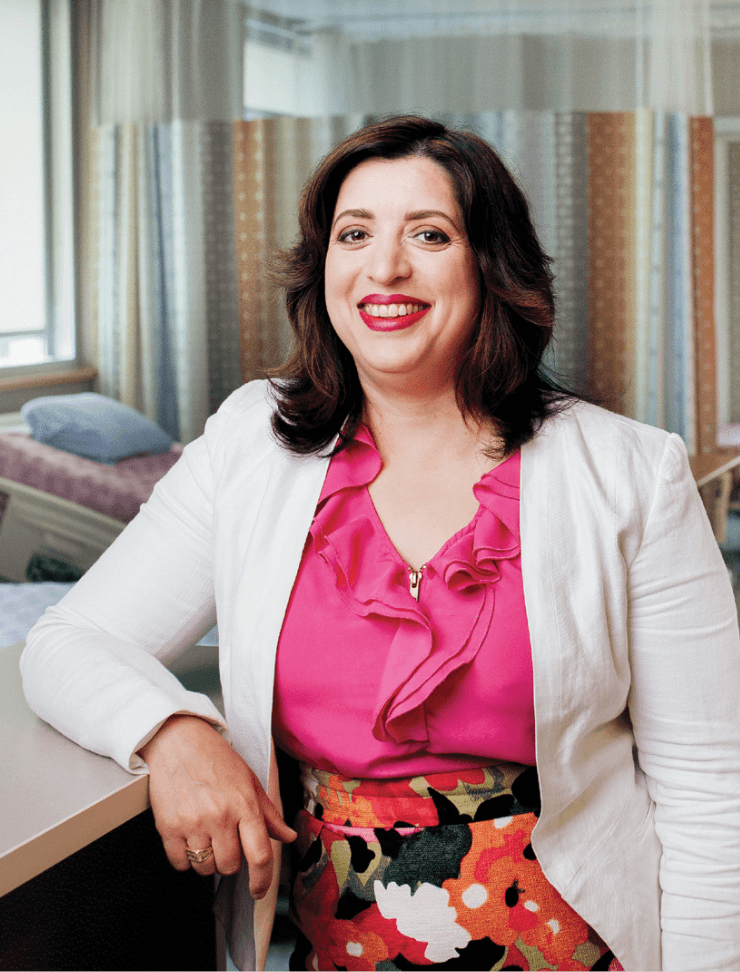
Haqq also works with a number of other researchers at the Alberta Diabetes Institute (ADI) including Dr. Carla Prado, an expert in body composition and energy metabolism in adults. “We’re looking at the unique body composition of children with PWS,” she says. While obesity is usually associated with high amounts of “bad” or visceral fat (which the body stores around organs), children with the disorder have high amounts of subcutaneous or “good” fat (stored under the skin). Children with PWS also store fat in the fibres of their muscles.
With so many facets to Haqq’s research program, she relies on a highly skilled research team and collaborates with experts in other institutions. She also requires funding from many di erent sources to make ongoing advancements in the eld. Since setting up her lab in late 2009, Haqq has received consistent support from the Alberta Diabetes Foundation, which has funded numerous graduate students, summer students, pilot projects and more.
“Our current research environment makes funding more challenging,” says Haqq. “It’s amazing to have the support of the Alberta Diabetes Foundation.”
LET'S WORK TOGETHER TO FIND A CURE.
VISIT US
1-020 Li Ka Shing Centre
University of Alberta
Edmonton, AB, T6G 2E1
Office Hours
Monday-Friday 8:30-4:00
If you would like to set up an appointment at our office, please set up an appointment by contacting us at
info@abdiabetes.com

